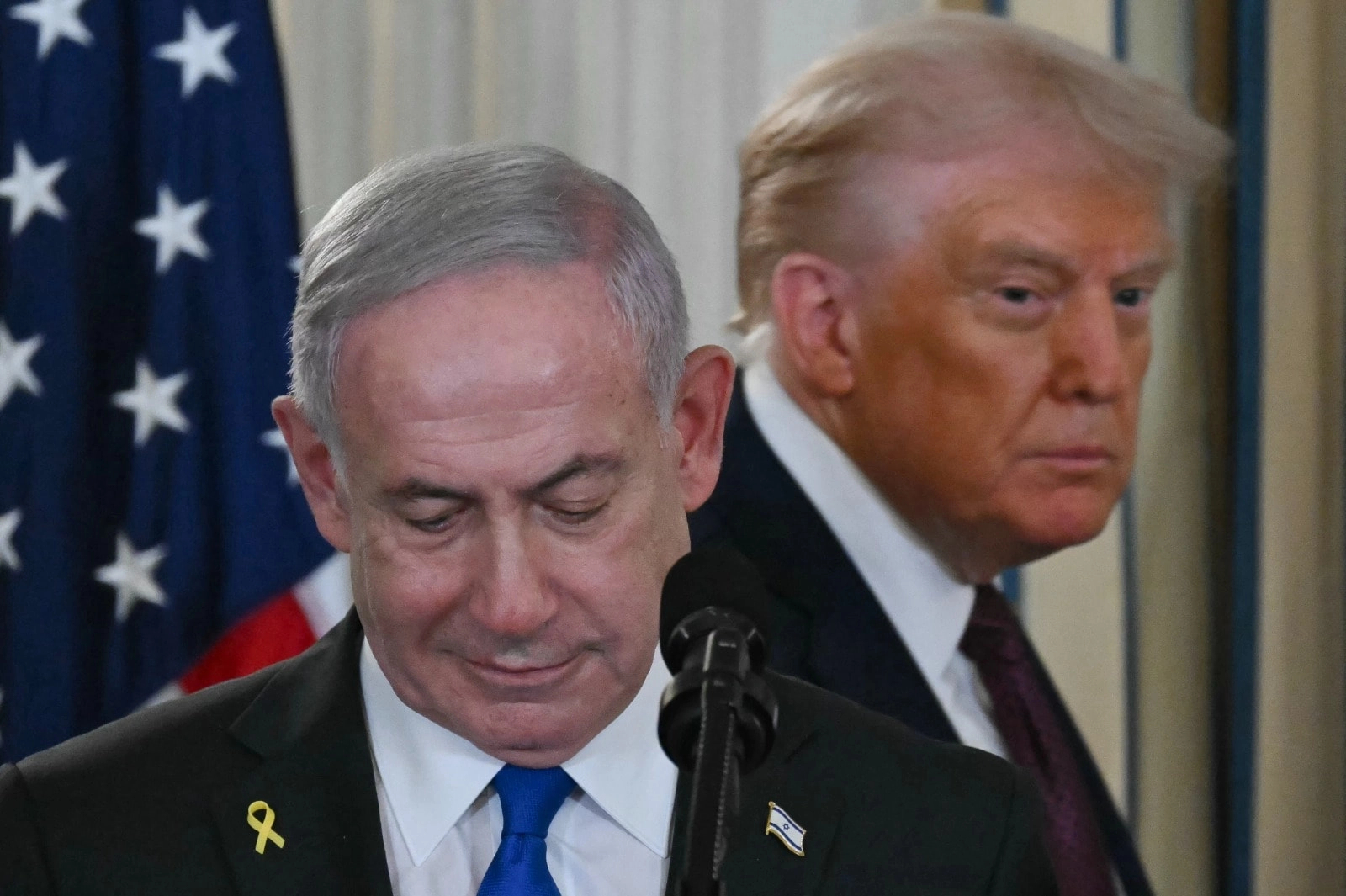In a significant development in Middle Eastern diplomacy, former U.S. President Donald Trump and Israeli Prime Minister Benjamin Netanyahu have jointly approved a new peace plan aimed at resolving the long-standing Israeli-Palestinian conflict. This proposal, a culmination of extensive negotiations and discussions, outlines key strategies for addressing critical issues such as territorial boundaries, security arrangements, and the status of Jerusalem. The plan seeks to create a framework that promotes coexistence and stability in the region, providing a potential pathway toward lasting peace.
At the heart of the proposal is a two-state solution, which envisions an independent Palestinian state alongside Israel. The plan delineates specific territories for both nations, balancing Israel’s security needs with the aspirations of Palestinians for self-determination. Additionally, it includes provisions for economic cooperation, which aim to enhance development and improve living conditions in Palestinian areas. The proposal also emphasizes the importance of mutual recognition and respect, laying the groundwork for a future where both Israelis and Palestinians can thrive in peace.
However, the plan has sparked varied reactions from different stakeholders. Supporters argue that it represents a pragmatic approach to a complex issue, while critics express concerns about its feasibility and potential impact on the ground. Some Palestinian leaders have rejected the proposal outright, citing issues such as the continued expansion of Israeli settlements and the lack of clear guarantees for Palestinian rights. The international community remains divided, with some countries expressing cautious optimism and others calling for more inclusive negotiations that involve all relevant parties.
As the details of the Gaza Peace Plan continue to unfold, its success will largely depend on the willingness of both sides to engage in constructive dialogue and compromise. The involvement of key regional players and international allies will also be crucial in facilitating discussions and ensuring that the terms of the agreement are honored. Ultimately, the hope is that this proposal could serve as a stepping stone toward a more peaceful and prosperous future for both Israelis and Palestinians, fostering an environment where dialogue replaces conflict and cooperation prevails over division.




